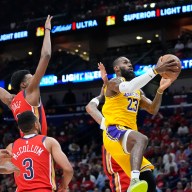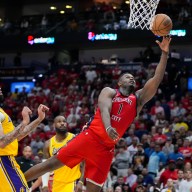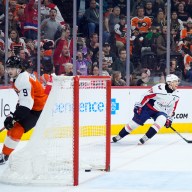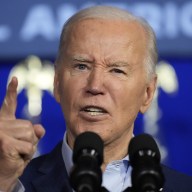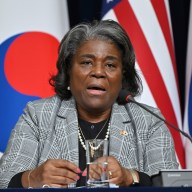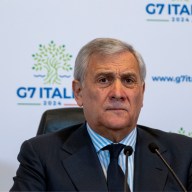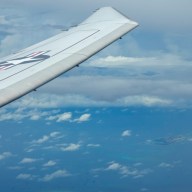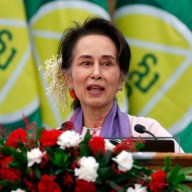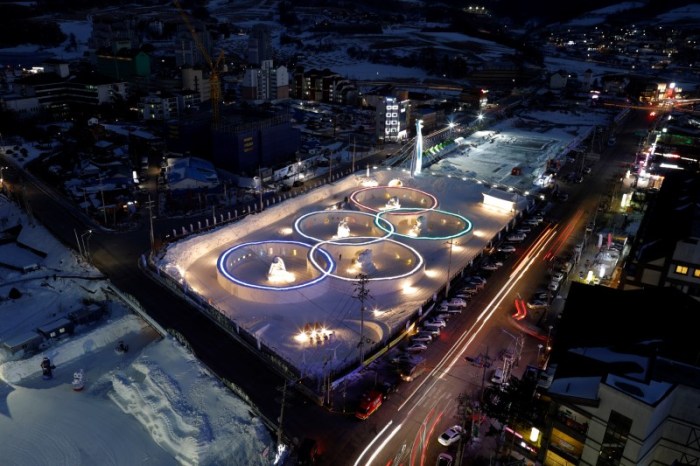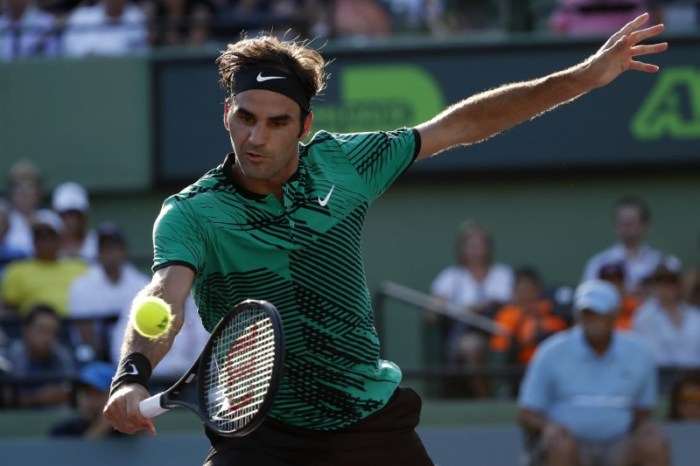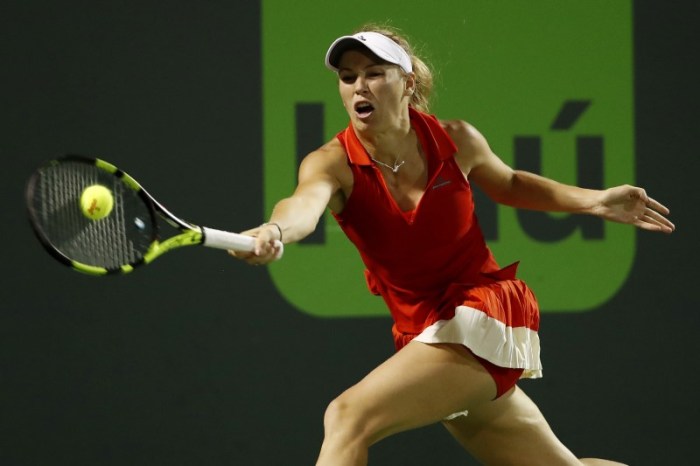(Reuters) – The global governing body for athletics on Wednesday stood behind its ban on Russia’s track and field athletes competing at the Rio Olympics, effectively leaving all avenues explored in Moscow’s attempts to get the team readmitted. The decision was discriminatory, amounted to a political campaign waged against Russian sportspeople and devalued any medals won in their absence, Russia’s President Vladimir Putin said.
The International Association of Athletics Federations (IAAF) imposed the ban in November in response to systematic state-sponsored doping by Russia.
The Court of Arbitration for Sport (CAS), sport’s highest court, upheld that decision last week.
Russian Sports Minister Vitaly Mutko wrote to the IAAF on Monday to get the ban overturned. But there were “no grounds for further review”, the organization said on Wednesday.
The International Olympic Committee (IOC) rejected calls to impose a blanket ban on Russians competing at the Rio Games, which start on Aug. 5, after the independent McLaren report found evidence of state-sponsored doping at the Sochi Olympics. The IOC passed the baton to each sport’s world governing federation to clear individual Russian competitors for next month’s Games, adding that the athletes must have a clean international record on drug testing to be eligible to compete. Maintaining its ban, the IAAF said the applications by 68 Russian athletes for eligibility to compete in Rio were assessed carefully and individually by its Doping Review Board.
“Only (long jumper Darya Klishina) …was found to meet the criteria for exceptional eligibility. CAS considered the appeals of the (other) 67 athletes fully and rejected them,” it said in a statement. MIXED RESPONSE
Addressing members of Russia’s Olympic team at the Kremlin, Putin said the scandal, which centers on allegations that the Russian government and FSB security service systematically covered up doping for years, had unfairly targeted many Russian sportspeople who had not faced specific and proven accusations. “This is a blow to the entire sporting world and to the Olympic Games,” he said. “…the absence of Russian sportspeople — leaders in many sporting disciplines — will significantly affect the intensity of the competition and diminish the spectator value of the forthcoming events.” To date, responses from other sports’ individual federations to the IOC ruling has been mixed, with several Russian swimmers, canoeists and rowers subject to bans.
On Wednesday, the International Triathlon Union gave the all-clear to the six Russian triathletes and the International Fencing Federation approved Russia’s 16-member fencing team.
The International Volleyball Federation (FIVB) added that it has sent a list of Russian volleyball and beach volleyball participants to the IOC and CAS for approval.
R-Sport News Agency reported that the country’s volleyball teams had also been given the green light, while Vasily Titov, vice-president of the International Gymnastics Federation (FIG) told R-Sport that Russian gymnasts could also participate. (Reporting by Nivedita Shankar in Bengaluru; additional reporting by Shravanth Vijayakumar; editing by John Stonestreet)
IAAF confirms ban on Russia’s track and field athletes in Rio
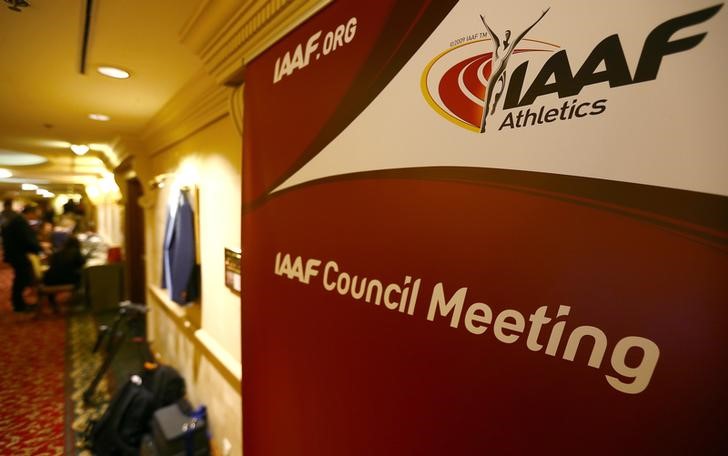
Reuters


